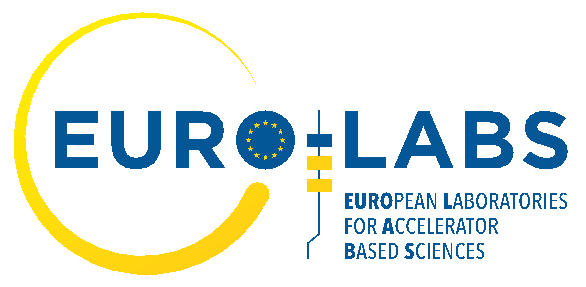EDMs: complementary experiments and theory connections
Aula Renzo Leonardi
ECT*

Permanent electric dipole moments (EDMs) provide a key experimental test of Standard Model CP-violation, and a means to search for and constrain the new physics processes needed to explain our universe's observed matter-antimatter asymmetry. This motivation and impact on high-energy physics unites EDM research, which nevertheless relies on a diverse set of experimental methods and theoretical tools to fully develop its potential. This workshop is based in a European initiative to identify and strengthen connections among the groups pursuing improved measurements and calculations, as well as conceptual bridges such as phenomenology and global analysis. The major classes of experimental systems are represented (leptons, hadrons, bare nuclei, diamagnetic and paramagnetic atoms and molecules), and key theoretical topics for the interpretation of experimental results are emphasized (nuclear DFT, lattice QCD, atomic and molecular
structure, chiral EFT) in addition to dedicated calculations of observables arising from specific models.

